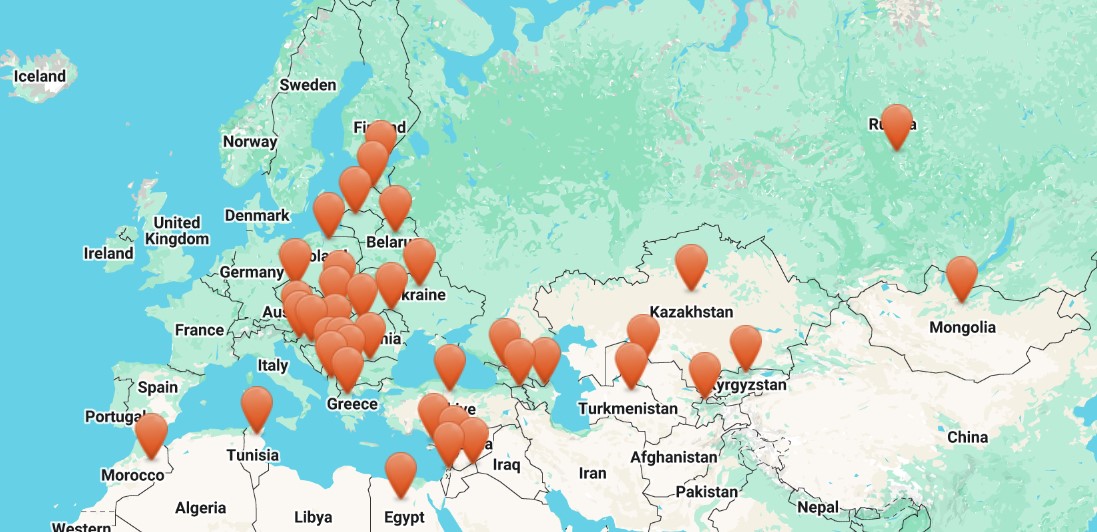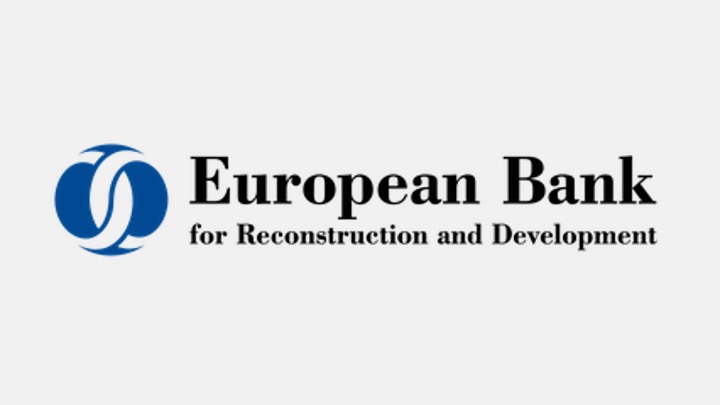BRU-iscte is now part of the European Bank for Reconstruction and Development procurement network (EBRD, or BERD, in the Portuguese acronym). Opportunities are now open for all Bru-Iscte researchers to engage in consultancy projects with the Bank and its funded clients.
EBRD was established to help build a new, post-Cold War era in Central and Eastern Europe. It has since played a historic role and gained unique expertise in fostering change in the region and beyond investing more than €190 billion in over 7,000 projects.
Between 2018 and 2022, the Bank acquired 76 consultancy services from Portuguese companies and universities, totalling almost 2 million euros.
BRU joins EBRD’s procurement network following exploratory contacts with the EBRD Board member for Portugal and meetings between BRU Directors and EBRD Board Advisors. Iscte is now listed as a supplier in EBRD Client eProcurement Portal (ECEPP), receiving tender and call updates as soon as they open.
A weekly digest of the most recent projects will be placed in BRU’s Intranet on this link. BRU staff will also contact the Research Group Coordinators or individual researchers when specific opportunities align with their research interests.
It is vital to note that the timeframe for application in some EBRD calls is often limited: the window between a call opening and its deadline may be only around six weeks. Some calls allow for a two-stage application, starting with a brief first proposal, to be completed by a full proposal later.
The eProcurement Portal includes not only EBRD’s procurement needs but also EBRD-financed projects. EBRD clients must follow its rules whenever they require the procurement of goods, works, services, and consultancy services. The policy also applies to contracts financed with donor funds administered by the EBRD.
Some of the sectors and topics in which EBRD operates are:
- Agribusiness (modernisation and sustainability)
- Energy (distribution, safety upgrades and renewables)
- Financial Institutions (resilient and integrated financial systems through sector reform)
- Legal Reform (to foster an investor-friendly, transparent and predictable legal environment)
- Manufacturing & Services (Green investment and decarbonisation, support foreign direct investments and privatisations, finance R&D, develop local supply chains, etc.)
- Municipal infrastructure (water and wastewater, public transport, urban roads and lighting, solid waste management, district heating, and energy efficiency)
- Property markets and tourism (support modern, high-quality, energy efficient commercial, logistics and residential real estate, urban regeneration, competitive hospitality and tourism sector)
- Telecommunications, Media and Technology (TMT) (network expansion, innovation and advanced communication services and the development of the sector beyond basic services)
- Transport (safe, secure and sustainable transport systems)


